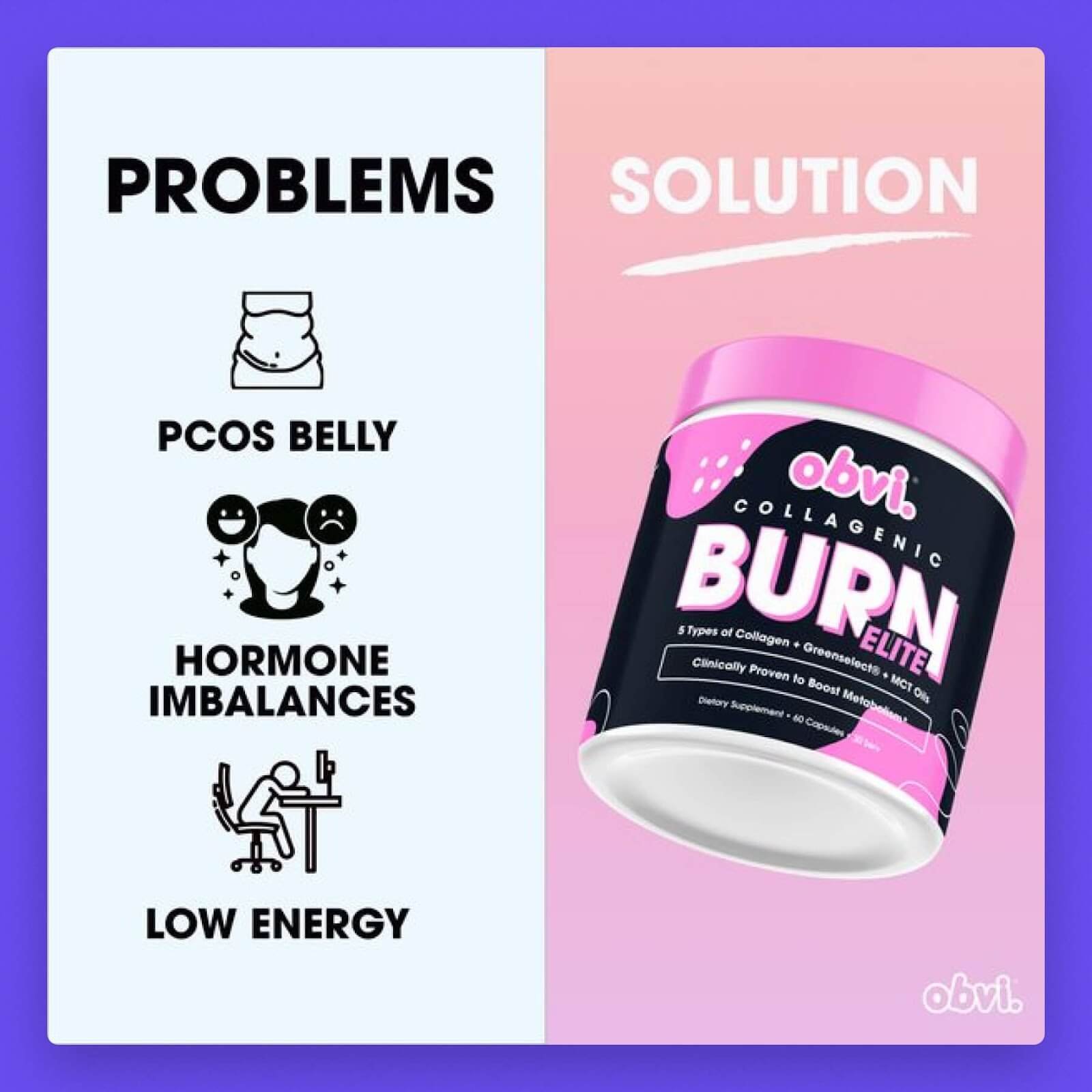8 Proven Copywriting Strategies to Boost Your Marketing Success
Source: www.marketersremote.com
Crafting compelling ad copy is an art and science that every marketer must master. With so much content competing for attention, how do you ensure your message stands out, resonates with your audience, and drives action?
The answer lies in using proven copywriting strategies that connect with your audience on an emotional and practical level. In this guide, we’ll explore eight strategies you can start using today to transform your ad copy and boost your marketing success.
1. Problem and Solution: Address Their Pain Points
Every great ad starts by identifying a problem your audience faces and positioning your product or service as the solution. This strategy immediately connects with your audience by showing empathy and offering value.
Source: Motionapp.com
Example:
Problem: Struggling with cluttered schedules?
Solution: Our app helps you organize your day effortlessly, so you can focus on what matters most.
Why It Works:
People are drawn to solutions that solve their pain points. By addressing their challenges, you make your product feel indispensable.
2. Statistics: Let Numbers Do the Talking
Numbers add credibility and attract attention. Whether it’s an impressive success rate or savings percentage, using statistics can make your copy more persuasive.
Source: peterabraham.in
Example:
“Join over 1 million users who increased productivity by 30% with our software.”
Why It Works:
People trust measurable results. Highlighting numbers gives your product credibility and creates a stronger impression.
3. Customer Reviews: Leverage Social Proof
Trust is a critical factor in purchasing decisions, and nothing builds trust faster than testimonials from satisfied customers.
Example:
“‘This service transformed my business! I saw a 40% increase in sales within a month.’ – Jane D.”
Why It Works:
Potential customers are more likely to trust real user experiences than brand promises.
4. Features: Highlight Unique Attributes
While benefits are crucial (we’ll discuss them next), don’t underestimate the importance of showcasing your product’s standout features.
Source: ryzesuperfoods.com
Example:
“Our smartwatch offers a 10-day battery life, real-time health monitoring, and GPS tracking.”
Why It Works:
Features give customers a clear understanding of what they’re getting, helping them differentiate your product from competitors.
5. Benefits: Show the ‘Why’ Behind the Features
While features explain what your product does, benefits answer why those features matter. This strategy focuses on how your product improves the customer’s life.
Example:
“Our 10-day battery life means you can travel without worrying about charging your smartwatch.”
Why It Works:
Customers care about how your product will make their lives better. Focusing on benefits adds emotional appeal to your copy.
6. Brand Story: Connect on a Personal Level
People love stories, especially ones that resonate with their values. Sharing your brand’s journey, purpose, or mission creates a deeper emotional connection with your audience.
Example:
“We started as a small family business with a dream to make sustainable fashion affordable for everyone.”
Why It Works:
Stories humanize your brand and make it relatable, fostering trust and loyalty.
7. Before and After: Show Transformation
Source: LinkedIn.com
Visualizing results is a powerful motivator. Paint a picture of the “before” and “after” scenarios to demonstrate your product’s impact.
Example:
“Before: Endless paperwork and missed deadlines. After: Automated workflows and stress-free days with our software.”
Why It Works:
This strategy appeals to the audience’s desire for improvement and makes your product’s benefits tangible.
8. Three Reasons: Simplify Your Message
When overwhelmed with choices, people appreciate clarity. Listing three key reasons why your product is the best makes your message easy to digest and remember.
Source: learnlaughspeak.com
Example:
“Why choose us? 1) Unbeatable quality, 2) Affordable pricing, 3) Exceptional customer service.”
Why It Works:
The rule of three is a psychological principle that helps people process and retain information more effectively.
How to Implement These Strategies
Know Your Audience: Understand their needs, pain points, and desires to tailor your copy effectively.
Test and Refine: Experiment with different strategies to see what resonates best with your target audience.
Combine Strategies: Don’t limit yourself to one technique. For example, pair social proof with a problem/solution approach for added impact.
Keep It Simple: Avoid jargon or overly complex language—clear and concise messaging wins every time.
Conclusion: Turn Copy into Conversions
Mastering these eight copywriting strategies can transform your marketing campaigns, helping you craft ads that not only capture attention but also drive results. Whether you’re writing for social media, email, or paid ads, these techniques will ensure your message stands out and resonates with your audience.
Ready to take your ad copy to the next level? Start experimenting with these strategies today and watch your engagement and conversions soar!






